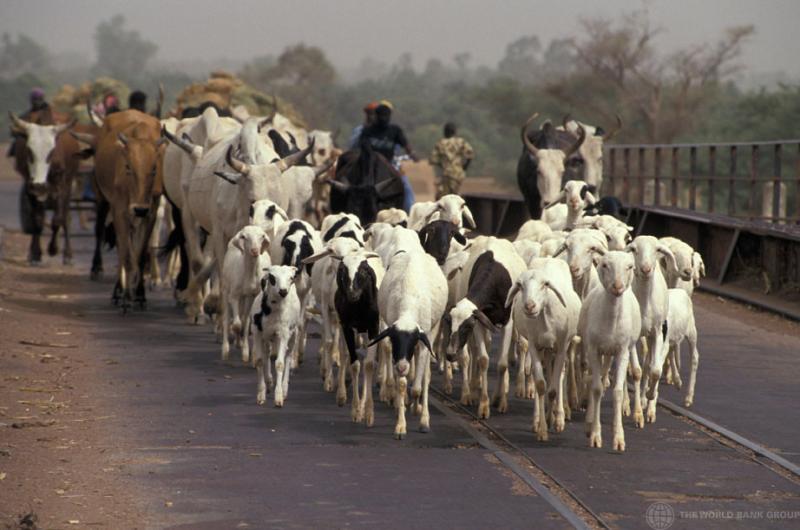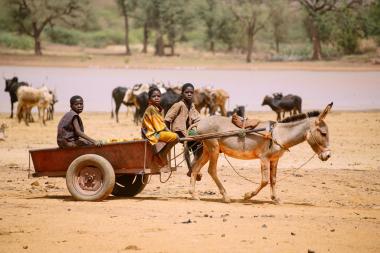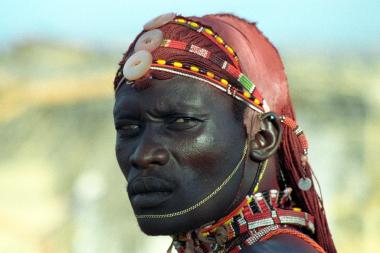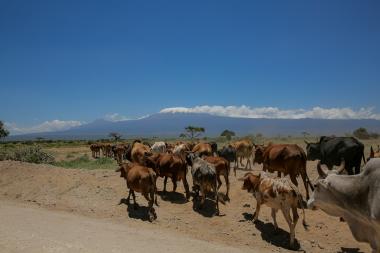Stabilising the Sahel: Livestock as a driver of regional integration
This brief outlines ways to build the resilience of livestock markets in the Sahel to climate and conflict shocks, thereby improving their contribution to livelihoods, food security and the economy.
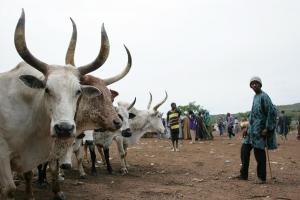
The Sahelian region has a growing focus for the international development community as it tries to address instability, violent extremism and forced displacement in countries including Mali, Niger and Burkina Faso.
Livestock mobility and trade can strengthen regional integration and are the basis of resilience to climate and conflict-related crises. Livestock markets in these countries are well integrated at national and regional levels.
Production areas in Mali and Niger are essential to the regional market, which is relatively resilient to conflict dynamics. However, climate and conflict affect livestock prices, and shocks can negatively affect communities and national economies. Strengthening the regional livestock sector and enabling environment has the potential to deliver sustainable outcomes for food security, economic development and stability.
This policy brief ‘Stabilising the Sahel: Livestock as a driver of regional integration’ recommends that to maximise positive and sustainable impact, and avoid unintended outcomes, policy makers and practitioners must take into account two fundamental characteristics of the Sahelian region when planning and implementing interventions. These are:
Regional integration is key to economic development and political stability;
Pastoralism and agro-pastoralism are major livelihoods and economic activities that strengthen regional integration through the movement and trade of livestock.
Policies and investments that reinforce these related processes can support resilience and stability in the Sahel and West Africa.
While discourse is growing around herder–farmer conflict as one of the main causes of insecurity in the Sahel, in reality, the interactions between intercommunal, natural-resource-based conflict and state insecurity and extremism are difficult to untangle. Yet the importance of agro-pastoralism for economic development in the region is clear.
Policymakers and practitioners need a better understanding of the current crisis to address the complex challenges facing the Sahel. This analysis confirms that this is possible using existing information. It outlines specific evidence-based actions and investments that can improve the resilience of livestock markets in the region to climate and conflict shocks, consequently improving their contribution to livelihoods, food security and the regional economy.
These policy recommendations are:
Strengthening regional early warning systems;
Development of public–private partnerships for livestock insurance;
Application of transhumance regulations;
Climate-resilient livestock transformation;
Expanding initiatives to harmonise data collection and market monitoring systems.
Follow SPARC on Twitter: @SPARC_Ideas
